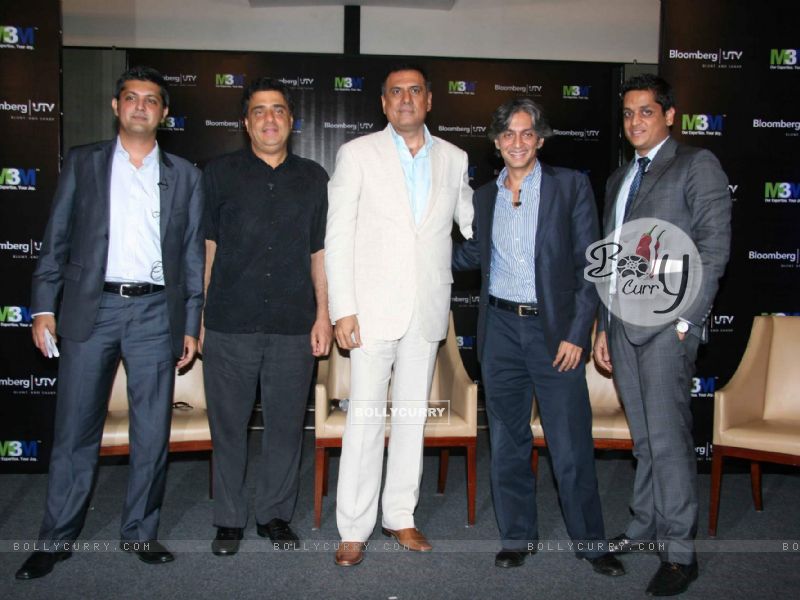
After deciding on their characters, they readied their costumes and took pictures playing the part. “From midnight to morning, we talked about what kind of character set to make with the family of father, brother, mother and became a strict father demon × demon girl,” ofumi writes on Instagram. This can be seen in the development of the “demon parent and child” outfits. The two genuinely enjoy dressing in cosplay and use it as an opportunity to spend time together. Ofumi sometimes plays a sinister character, but she'll often experiment and will appear as a more (deceptively) innocent foil to her intimidating father. Her dad often plays an enforcer and is seen furrowing his brow and snarling while brandishing a sword.


The two dress up in costumes that are meant for pairs, and each has perfected their own type of role. A Japanese woman named ofumi has a dedicated cosplay partner-her dad.
#Japanese father daughter gameshow series#
The series was replaced with Caesars Challenge.Cosplay is more fun when you have someone dressing up alongside you. The series was cancelled after 12 weeks not only because of low ratings, but also because not enough contestants were meeting eligibility requirements. The daughter was awarded her prizes (a camera and a CD player), but the family was not awarded the family cruise or their cash. The father and his girlfriend married on June 11, 1993, the same date of the series finale. Officials at both companies agreed to pull the episode and replace it with a rerun. She contacted NBC and Dave Bell Associates, the series' packagers, to get the episode pulled before its intended broadcast date. A May 1993 Chicago Tribune report reported the team won $6,000 in prizes, but the girl's real mother discovered the deception. Identifying themselves as the Hansen family, the team actually consisted of a father, his 10-year-old daughter and his live-in girlfriend who posed as the daughter's mother. If the team gave three wrong answers, the round ended with a loss, but if they gave three correct answers they won the trip.ĭuring the series' run, controversy arose when one team competing on the show turned out not to be a real family. Before each question, Eubanks would give the child the category of the question and have them decide whether mom or dad would answer it. Up to five trivia questions would be asked of the winning team. The bonus round was played for a family vacation. If there was a tie at the end of the game, a second numerical question was asked with the same rules. After this round, the family with the most money (out of a possible $1,300) won the game, an extra prize and moved on to the bonus round. The family that came closest (or, if both families were in the same numerical range, the family with the higher number) won $500. Each family had ten seconds to write down their answer. The kids were then brought out to answer the same questions, with each match being worth $200.įor the last question, a numerical question about the average American family was asked.

The parents are then asked two questions about their kids. In round two, the kids are put in isolation. The process is then repeated with two questions about their moms. Their dads were then brought out of isolation and were asked for their answers to the same questions. In round one, the parents were brought into isolation, then the kids were asked two questions about their dad. Two families, consisting of two parents and one child, competed in a game similar to Eubanks' own The Newlywed Game. The show was taped at the Disney-MGM Studios in Orlando, Florida in front of a live studio audience consisting of theme park guests. Bob Eubanks hosted and Orlando-area disc jockey Dean Miuccio announced. American TV series or program Family Secretsįamily Secrets is a daytime game show, running on NBC from March 22 to June 11, 1993.


 0 kommentar(er)
0 kommentar(er)
